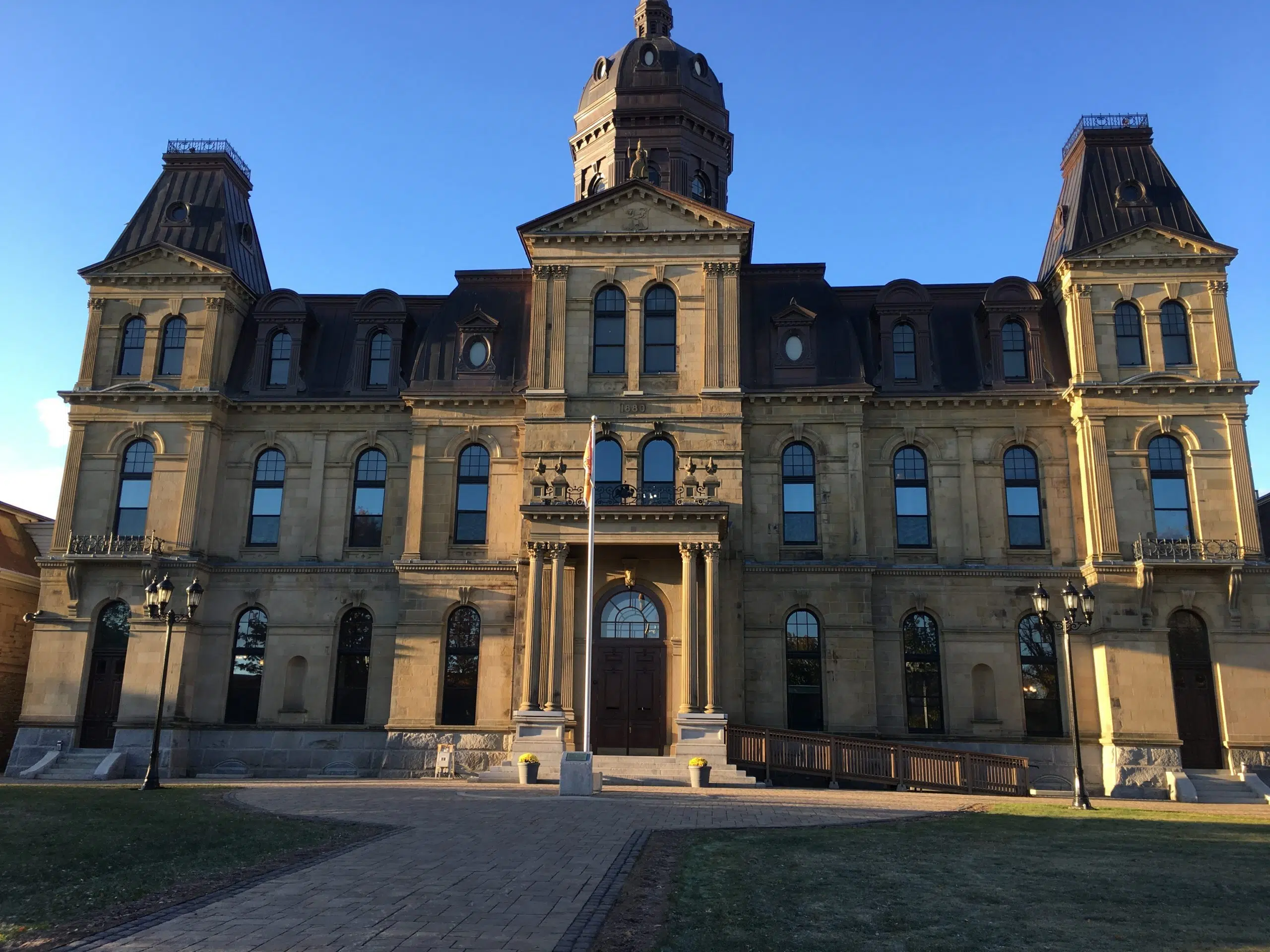
The New Brunswick legislature in Fredericton. (Image: Brad Perry)
New Brunswick’s auditor general says there are signs the province’s fiscal situation is improving.
But Paul Martin said more work remains to be done given the province’s ongoing historic debt levels.
In his first annual report, Martin said the net debt fell from $13.9 billion in 2020 to $13.5 billion in 2021.
“The net debt has been relatively stable over the past four or five years, and even though 2021 was the second consecutive year it decreased, it is still $3.4 billion higher than it was in 2012,” Martin told a committee of the legislature on Thursday.
Annual deficits and surpluses of $1.4 billion combined with capital asset costs of $1.6 billion are the biggest reasons for the overall increase over the past 10 years, said his report.
Martin also noted that the province recorded its fourth consecutive surplus last year of $409 million, which helped to lower the debt year-over-year.
However, he cautioned that more work is needed for long-term financial sustainability in the province.
Martin said much of the surplus recorded in fiscal 2021 was driven by one-time COVID-related funding.
“The province received $301 million in one-time funding from the federal government to assist with its response to the pandemic. It’s important to note this funding is one-time and may not be received in future years,” he said.
In order for the province to sustain fiscal improvements independently over the long term, Martin said it needs to find a way to restrain spending, consider revenue increases, or a combination of both.
Martin also highlighted the province’s financial condition, which his report said is largely unchanged.
One of the province’s long-term trends changed from favourable to unfavourable, one changed from favourable to neutral, and one changed from unfavourable to neutral, and the other trends remained consistent.
Martin’s report also included concerns relating to NB Power’s ability to self-sustain its operations.
He noted that the utility’s income is near break-even levels, the 80/20 debt to equity ratio is not met, and future capital investment is needed.







